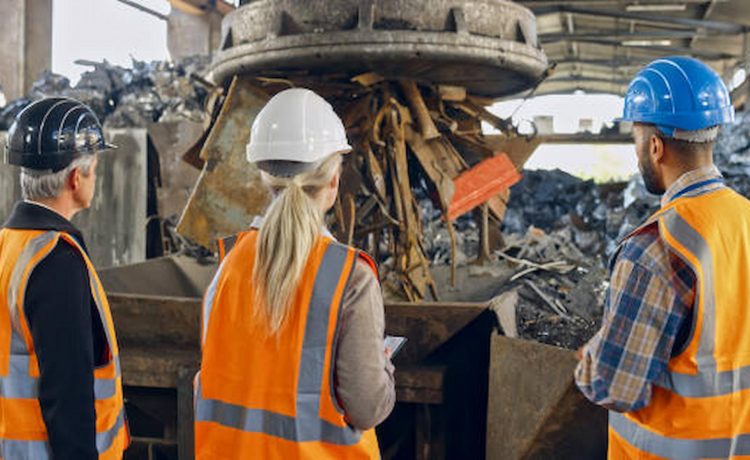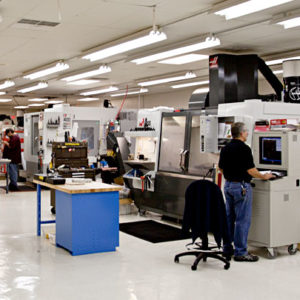In technical words, corrosion is a chemical or electrochemical state of metallic and non-metallic surfaces like glass and plastic surfaces where the same are being gradually destructed when environmental elements act as a catalyst.
Why Corrosion Is Regarded As A Bane For The Global Industrial Sectors?
Corrosion negatively impacts industrial complexes around the globe. It also negatively affects national and international infrastructure, costing them more than $4 trillion every decade.
Hence, it is no news that corrosion needs to be mitigated on an industrial, national and international level to keep human civilization rolling forward.
Who Are Corrosion Engineers?
Corrosion engineers are professional individuals who are experts in arresting the progress of corrosion. Engineers expert in mitigating corrosion can also prevent metallic and non-metallic surfaces from losing their operational life to corrosion.
In this context, it is best to remember that the method of arresting and methodical prevention of corrosion is often considered a technical niche as very few people know about the intricacies of the process.
The aim of this post is to shed light on the matter in a bid to make the common mass, the industrialists and policymakers understand the importance of professional anti-corrosion measures.
What Is Corrosion Engineering?
Corrosion engineering is the collective term for methods implemented by professional corrosion mitigation experts who tap into their knowledge of structural engineering, mathematics, chemistry and physics when they are hired to formulate and apply solutions to arrest the damage sustained by corroded metallic and non-metallic surfaces.
What Are The Methods Implemented To Arrest Corrosion On An Industrial Scale?
Experts who industrialists consult to mitigate corrosion in industrial complexes implement various procedures to mitigate corrosion.
The following are some of the more popular and successful ones:
- Corrosion mitigation experts may devise and implement cathodic protection systems to mitigate corrosion in an industrial complex. Cathodic protection systems are simple contraptions where the surface prone to corrosion is connected to easily corroded surfaces. The result is simple – the ‘important’ surface that needs to be protected does not corrode as the surface that is prone to corrosion takes on the damage upon itself.
- Corrosion mitigation experts also advise industrialists when selecting the suitable material(s) for critical industrial infrastructure at locations where the environmental conditions favour corrosion.
- Corrosion mitigation experts can also work in tandem with specialists who apply corrosion protection coatings on critical industrial infrastructures in a bid to make sure that all ‘at risk’ or ‘prone to risk’ surfaces are covered with the protective layer so that the structure in question remains fit for use for at least several years before the same needs repairs or replacements.
Conclusion
It is best to remember that corrosion is a process that cannot be eradicated but can be slowed down drastically. Hence, industrialists and managers of national and international industrial infrastructures need to hire professionals who are experts in mitigating corrosion from reputed service providers when the need arises.





